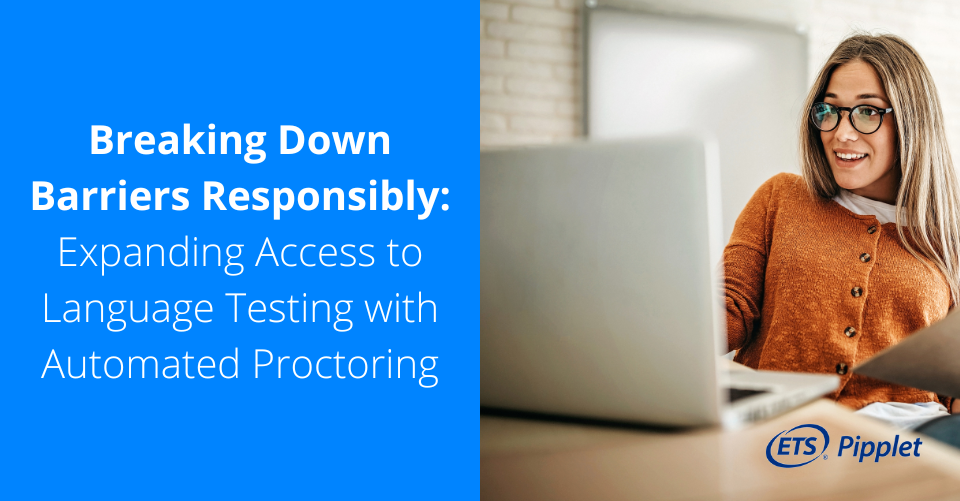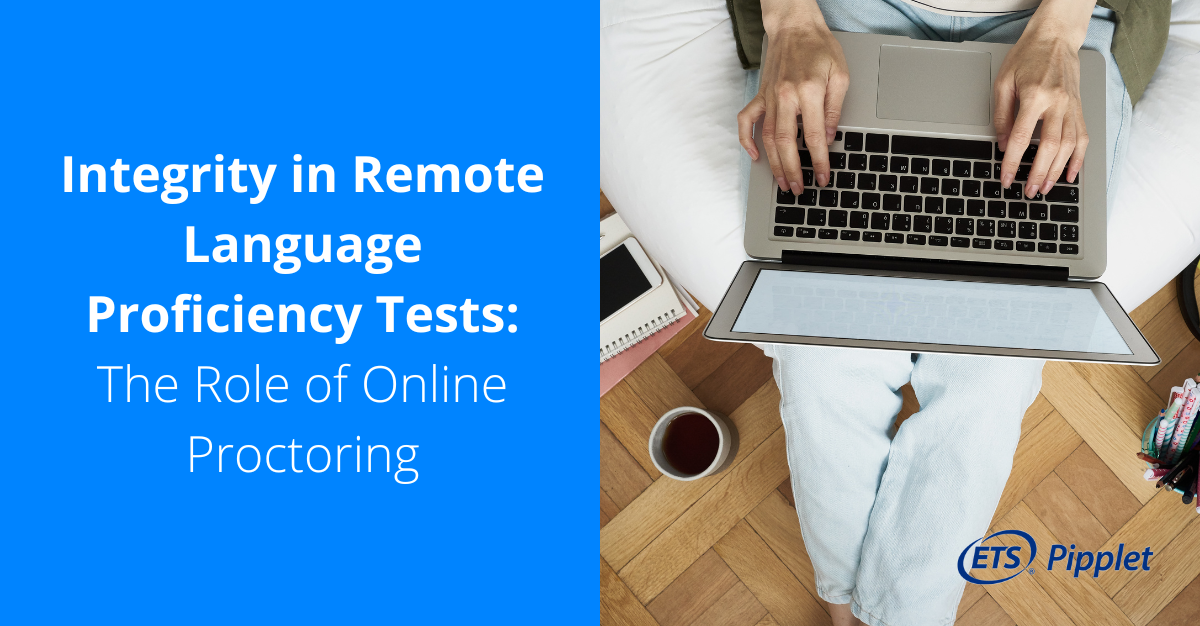What is emotional intelligence, and why do employees need it?
Emotional intelligence refers to the ability to perceive, control and evaluate emotions within the context of certain tasks, such as when we problem-solve, work in teams or manage a project.
The term was coined in the 1980s by psychologists Howard Gardner, Peter Salovey and John Mayer, who hypothesized that emotional intelligence is either an inborn characteristic, or something that can be learned and strengthened over time.
In recent decades, there has been a highlighted importance of having good emotional intelligence in the workplace to aid better relationships, results and - ultimately - revenue. In fact, The World Economic Forum ranked emotional intelligence as one of the
top 10 most important workplace skills for 2020. And this is even more true in the hybrid work environment that emerged with the Covid-19 pandemic.
There’s benefit, therefore, in spotting high emotional intelligence in employees during the hiring process. But how exactly can that be done?
In this article we will look more at emotional intelligence, its benefits within the workplace, and how pre-employment testing can help to identify it.
People with a High Emotional Intelligence
These days, high emotional intelligence is such a sought after trait, that
75% of hiring managers value it more than IQ. And in 2011, a review of over 1,100 studies on workplace emotional intelligence confirmed that
emotional intelligence is a better indicator of work performance than cognitive ability. But why? What is it about highly emotionally intelligent people that benefits the workforce so much?
Before exploring why emotional intelligence is so valued, we should describe its components.
Emotional intelligence can be broken down into
5 different sub categories including:
Self awareness: The ability to evaluate and reflect on one’s strengths and weaknesses, values, motivators and fears.
Self-management: The ability to control one’s mood and redirect any impulses or triggered emotions.
Empathy: The ability to see another point of view, but to also sense the feelings of others by imagining being in their shoes.
Social skills: The ability to interact with, relate to, and build relationships with others. This is especially important in team work.
Self motivation: The ability to drive oneself forward, set goals and standards and meet them without being pushed or forced.
People who possess these components are known to:
- Make better decisions
- Solve problems more effectively
- Resolve conflicts
- Listen, reflect on and respond to constructive feedback
- Keep cool under pressure
- Lead with more confidence
- Work better in teams
Conversely, people with a low level of emotional intelligence might:
- Have trouble taking personal responsibility and blame others or play the victim
- Refuse to work as a team, or have problems maintaining working relationships
- Be overly critical or dismissive to others
- Have passive-aggressive or high conflict communication styles
- Make decisions based on impulse
- Struggle under pressure
- Struggle to be liked and respected by others
You can see, therefore, how a highly emotionally intelligent person can add real value to a team, in comparison to a person with low emotional intelligence, who will often cause disruption or hinder productivity. Roles that might particularly benefit from being filled with emotionally intelligent people are:
- Customer services / call center jobs
- Salespeople
- Front line healthcare workers
- Customer facing retail workers
- Consultants
- Managers and team leaders across all sectors
How Is Emotional Intelligence Measured?
When hiring employees, you will want to know how emotionally intelligent they are. One way of doing this is to perform a pre-employment test.
Emotional intelligence is an enormous topic which has been studied by academics for decades. Therefore, there are many theories as to how it should be measured.
There are 3 main ways to assess emotional intelligence. These are:
- Self report - where the person self-reports on their own traits and behaviors
- Other report - where other people report on a person’s traits and behaviors
- Ability tests - These measure the person’s skills or abilities.
Each type of test has its strengths and limitations.
But we consider that self reports should be avoided, for deep reasons:
- the candidate could try to “big himself up”, in order to give the answer they feel the employer is looking for.
- the candidate can genuinely believe himself to have traits that he/she doesn’t - such as resilience or interpersonal skills.
- furthermore, the individual interpretation of these traits and their meanings, along with any cultural influences, can affect the answers given.
Again, tests that consider these limitations and work around them to guarantee objectivity can offer the best results when testing for emotional intelligence.
There’s no doubt that emotional intelligence is a valued asset within the employment process and that employees with emotional intelligence can benefit a team. The important thing for hiring managers to know is that emotional intelligence can be effectively tested for, as long as the right parameters are in place.
We have now discussed why emotional intelligence is important, how it benefits your company to hire emotionally intelligent employees, and how pre-employment testing can help.
About Pipplet
Emotional intelligence can only be properly applied to a team if the candidate also possesses good language skills.
Pipplet is an easy, fast and accurate way to
test for language skills before committing to hiring a candidate. If you’re hiring for roles that you feel will benefit from emotionally intelligent employees (such as customer services or healthcare) then using Pipplet will help you find the diamonds in the rough when it comes to their language abilities. When you are overloaded with applications for a particular job, you can use Pipplet to screen out the unsuitable candidates, helping you to focus on the best few.
With various packages to choose from, you can use Pipplet to recruit for one role, or hundreds.
Sign up to Pipplet today
and help us to take care of all your pre-employment testing needs.
Related stories
Pipplet info
10 rue de Penthièvre, 75008 Paris
RCS Paris 813 493 673 00012
Pipplet 2022.
Tous droits réservés
Copyright © 2023 par Pipplet. Tous droits réservés. Toute utilisation ou reproduction non autorisée est strictement interdite. Pipplet est une marque déposée de Pipplet. ETS et le logo ETS sont des marques déposées d'ETS, utilisées sous licence en France par Pipplet.









